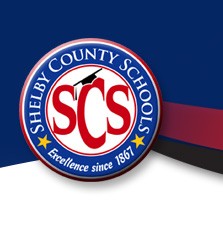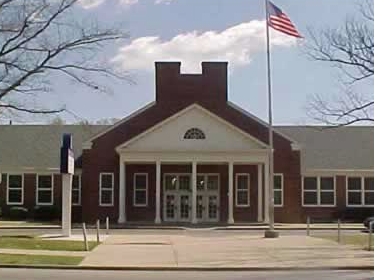Sonia Worsham remembers, in the pre-merger Memphis City Schools days, sometimes waiting 45 minutes on the phone with the central office when she’d call with a question or concern about her child’s school experience.
“But now there’s a minimal wait, maybe just a minute or so, until they figure out who you need to talk to,” said Worsham, the mother of an eighth-grader and the president of the Snowden School parent-teacher organization.
That dramatic improvement in customer service for parents was made possible by Shelby County Schools’ (SCS) new Parent Welcome Center, which was unveiled to the public in a ribbon-cutting ceremony last week. It’s located at 2687 Avery, next door to the city skate park and dog park.
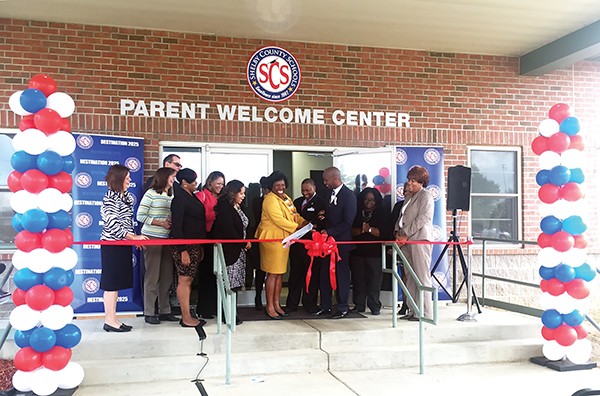 Bianca Phillips
Bianca Phillips
Shelby County Schools officials cut the ribbon at the center last week.
The center, which aims to be a one-stop shop for parents, has been open since June, but the administration waited until the kinks were worked out to host the ribbon-cutting.
“We’ve aligned all the resources in one place where parents can come,” said Joris Ray, SCS assistant superintendent of academic operations. “When I used to be a principal, parents would always say, ‘I’m going to the board!’ And they would go to the central office, and there was one receptionist trying to hear all their concerns and get them to the right place.
“Now we have trained individuals — call center reps, a call center manager. And if they need more intensive help, they can go to one of our parent-liaisons,” Ray said.
There are 10 people in the call center taking calls from parents who dial
416-5300. Since opening day in July, the center has fielded 64,276 calls, with 6,085 of those calls made during the first week of school. The center also accepts walk-in visits from parents, and so far, they’ve had 2,600 walk-ins.
“We are the connectors to all the departments — transportation, nutrition, attendance and discipline, exceptional children, alternative schools. We’re trying to provide parents with one place where we can answer all of their problems,” Ray said.
Four parent-liaisons serve parents who need more hands-on help with situations ranging from discipline issues to school transfers.
“We may have someone call and say, ‘I work downtown, and my mother takes care of my children after school,’ and they just can’t make it work. The parent-liaison will help them map out a plan and find the right school and get a transfer to that school if possible,” said Kevin McCarthy, SCS director of school operations.
The welcome center also hosts a computer lab with 10 computers for parents who may not have access to the Internet at home. This school year, SCS launched online registration for the first time, and the Parent Welcome Center staff was on-hand to walk parents through the process.
“We can have the parent-liaisons sit with them at the computer and help them navigate. Some of our parents are at a low reading level, and some are not computer savvy,” Ray said.
Additionally, two of the center’s customer service representatives are bilingual to assist non-English speaking families. And the center is located along a major city bus route to ensure accessibility.
“Engaging parents and the community has been a piece the district really needs to work on, and I think this is the first step,” said SCS board member Chris Caldwell.

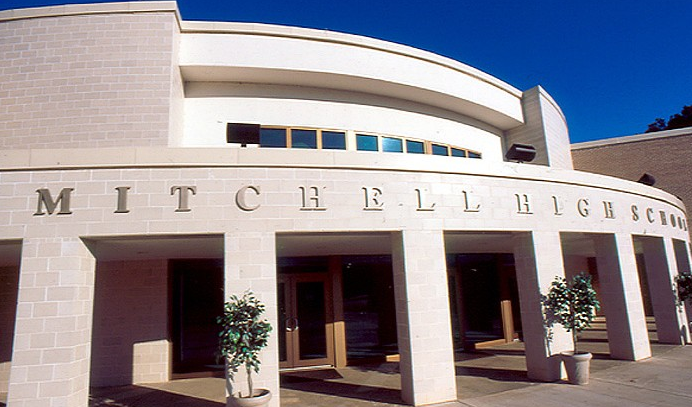
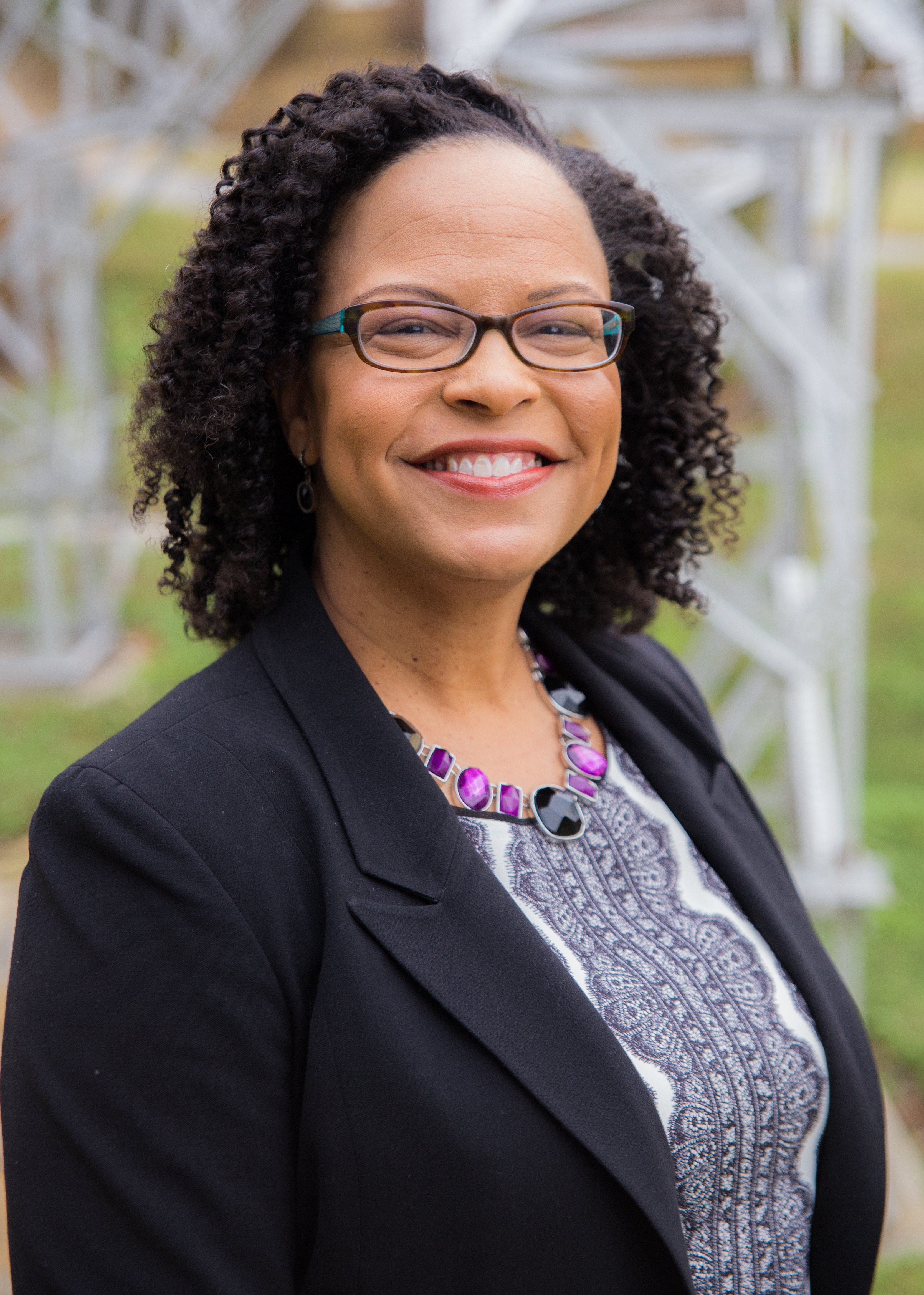

 Bianca Phillips
Bianca Phillips 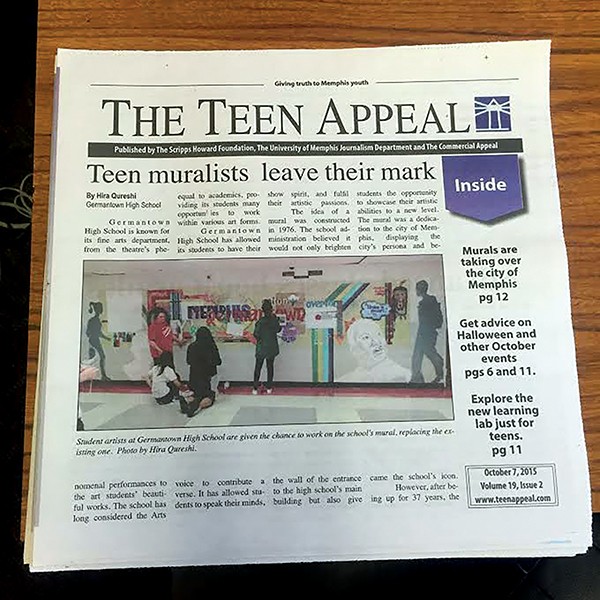 Elle Perry
Elle Perry 